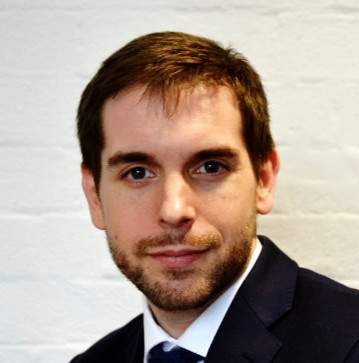
If construction wants to restore public trust, it needs to demonstrate progress without further delay, writes Matt Mahony.
Dame Judith Hackitt gave the industry an urgent call to action “to demonstrate change immediately” at this year’s Construction Industry Council (CIC) members’ annual conference.
This leadership summit is attended by senior representatives from our leading members representing the major institutions and associations in the construction industry, including incoming CIOB president Paul Gandy, and the institute’s director for policy, research and public affairs, Eddie Tuttle.
The conference enables the present and future leaders of CIC’s members to come together to discuss pressing industry concerns.
This year’s conference focused on prioritising building safety and how, as an industry, we can address critical issues shaping the built environment and the importance of working together to tackle these monumental challenges and rebuild public trust in our integrity.
The conference was opened by CIOB past president Sandi Rhys Jones OBE, with a thought-provoking presentation on how to drive meaningful change and how we must find the right words to engage with the right people to create influence.
It’s not enough to go straight ahead: we must be willing to go down, round and under to truly understand our challenges and opportunities.
She continued to say that, through strong representation and active advocacy, we can amplify the voices that matter. And we must take the time to celebrate our success as we make progress because every step forward is worth recognising.
Clear message
Dame Judith Hackitt opened the leadership summit on day two, acknowledging that, while she anticipated a slow and significant journey towards building safety reform, its complexity and duration have exceeded expectations.
She underscored safety as not just a regulatory box to tick but essential to the future of the built environment. She cautioned against compromising new safety standards for the sake of accelerating construction and instead called for a serious debate on standardised designs which could improve safety, cut costs and help meet the demand for new buildings.
While some organisations are ready for the building safety certification process, many are not. The new regulatory framework marks a critical shift, yet a widespread misunderstanding of responsibilities persists.
Dame Judith emphasised the need for competence at every level, calling on professional institutions to uphold rigorous standards and reject outdated qualifications. She added that real change must happen now, asking the sector to take ownership, stop waiting for others and embrace transformation without delay.
The summit concluded with insightful presentations by industry leaders that echoed Dame Judith’s call: the industry must act now, embrace its responsibilities and lead the transformation needed to restore trust and ensure a safer built environment.
The message is clear from all speakers that the time for talk is over and action must follow. Building safety, competence and collaboration are not optional: they are essential. As an industry, we must lead with integrity, embrace change and demonstrate real progress now. The future of the built environment and public trust in it depends on what we do next.
Matt Mahony is policy and public affairs manager at CIC.
Comments
Comments are closed.












The only change that is definitely going to happen is that the BSR will remain under resourced. At this time they are and this will continue for what period I cannot say.
The process requirements to notify changes and register changes are still not working. This constant compliance process and paperwork is already a demanding task on resources for all and most importantly will become another tick box. I’m concerned that we continue to believe that having a 2nd BC, because that’s what it is and call it what you want, will make fire remediation better.
Everyone writes, talks and respectfully believes that they are contributing positively to the industry challenges and that is acknowledged but the fact remains that there are many factors that isn’t being resolved at this time.